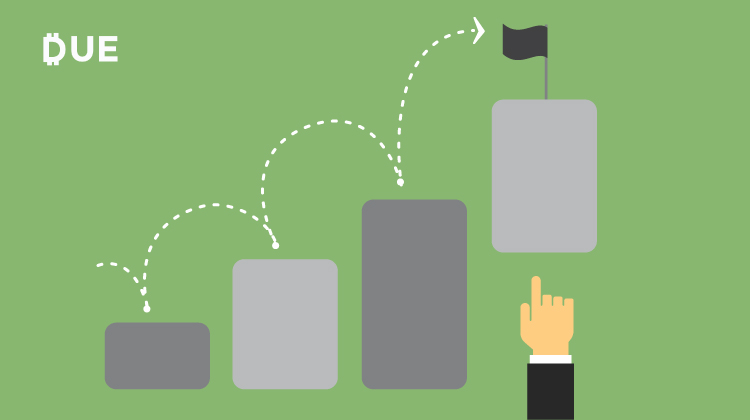Even the most fearless seeming business owners can get a twinge of anxiety when one of their ideas is performing below expectation. What sets them apart is that they keep pushing through the struggle. To succeed in any area of life, you have to first accept that a few failures along the way are inevitable.
Tabling ideas you have because of fear will mean that you get nothing done. It’s not the act of failing that you should harp on. Instead, it’s what you learn from it and how you respond. Here are a few ways to leverage failure to grow your business:
Table of Contents
ToggleFail Fast
Fail fast is a common saying in the freelancing and entrepreneurial space. In a nutshell, it means to experiment and assess the results quickly. If your experiment is a failure, learn from it and move forward without hesitation.
There is a stipulation to this in my opinion. You should do market research and other homework before your experiment. Don’t just try things without a plan or purpose. You’ll waste your time and money. However, when you do come up with a feasible idea, roll it out quickly and be prepared to confront the outcome right away. Don’t avoid the truth.
Early in my freelance career, I charged way too little for my freelance services. It was a completely unsustainable business model considering the amount of hours I worked. I knew something wasn’t right, but I avoided the truth for too long because I didn’t want to admit to myself that I was failing. This did me a disservice. This will also do you a disservice. There’s nothing wrong with failing. Allow yourself to fail fast so you can adjust your business model and move forward.
Welcome Feedback and Come Back Stronger
Feedback is the best way to improve if you mess up a project with a client. No one likes to receive tons of edit requests or get negative reviews from customers but it happens and you should grow from it.
No one is perfect all the time. There’s actually something wrong if you only get excellent feedback with no constructive criticism. You’re either someone who doesn’t accept constructive criticism well and people avoid giving it to you. Or your clients, contractors, and other people around you are “yes men and women.” Nobody wins in this situation. Look at Kanye West.
Don’t make excuses when you get constructive criticism or get down on yourself. Listen, accept the feedback, identify areas of improvement, and then redeliver (if that’s part of your contract).
Get Help Where You Struggle
Another great thing about failing is it teaches you where your strengths and weaknesses are so you can focus your energy on areas where you excel. You can always outsource tasks that aren’t your strength.
Don’t keep trying to do better if you’ve identified that you’re just not great at something. Maybe writing isn’t your forte but you’re very good at public speaking and doing brand influencer work at events. Stick to your bread and butter and hire someone to do the tasks that are a time suck.
Failing is very important in this regard. If you have plenty of ideas but act on none of them to avoid failing, you’re essentially an explorer without a compass. It’s very hard to choose a direction when you have no experiences to guide you.
Final Word
Realizing that failure isn’t bad has been life-changing for my business. Accepting that it happens helps you learn from situations must faster instead of holding out hope that the results will miraculously change. Nothing miraculously changes without you tweaking your approach.
If you don’t have enough money for a business coach, course, or whatever you think you need, researching and experimenting on your own can get you by until you have the funds to reinvest into your business.














